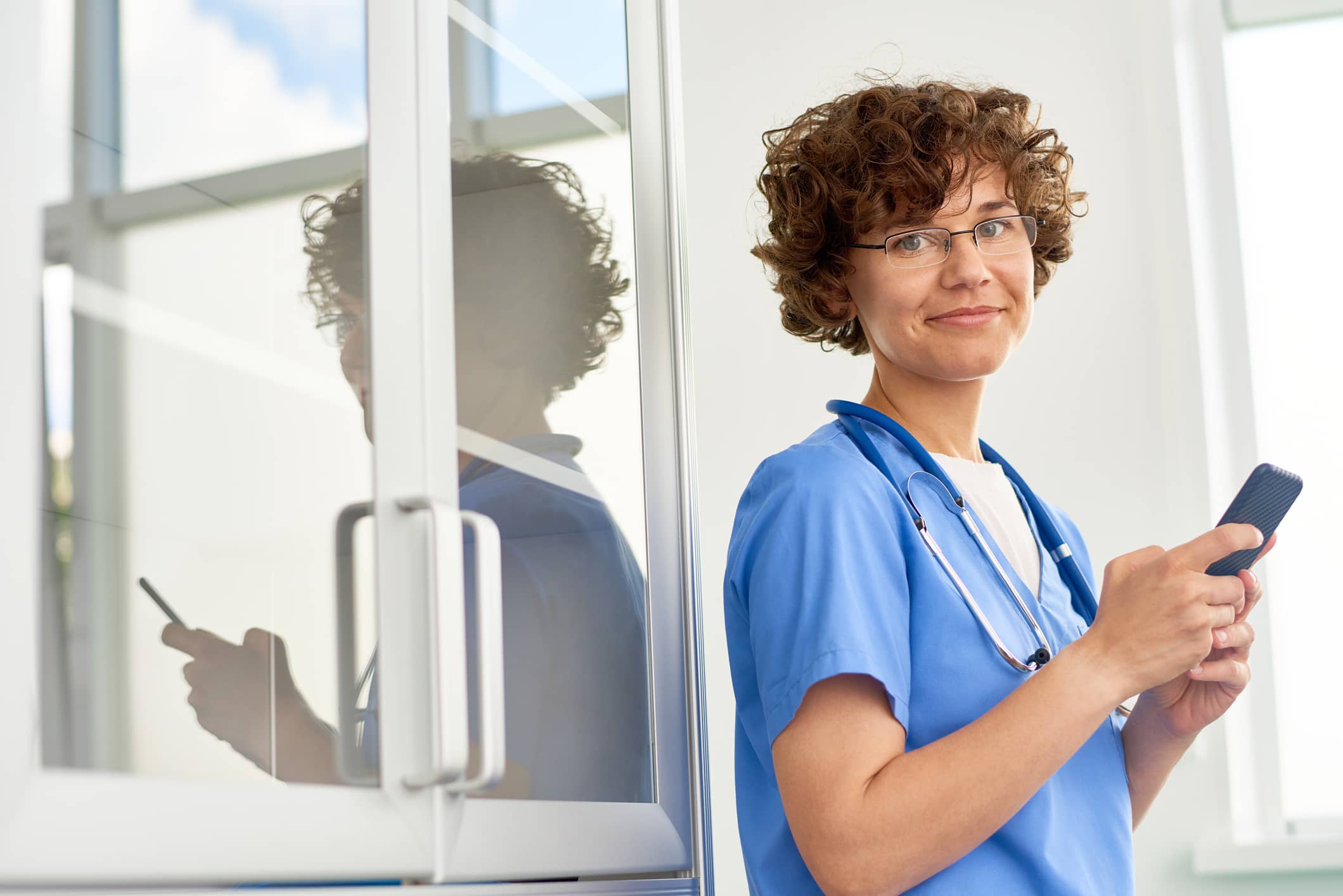
How Healthcare Providers Fighting COVID-19 Can Stay Motivated and Encouraged
Front line healthcare providers are fighting a battle against COVID-19 that can only be fully understood by those working with them. Enduring long hours and back-to-back shifts—while dealing with challenges around personal protective equipment and other resources—what can be done to help healthcare teams stay engaged and motivated? What kinds of encouragements can help them continue to move forward as they deal with this dangerous virus?
Dr. Bob Nelson, PhD, a motivational speaker, consultant and author of 1501 Ways to Reward Employees, shared some expertise and direct examples of how healthcare professionals can join forces to fight the coronavirus and stay motivated and encouraged—both professionally and personally.
Collaboration is key
One positive thing the coronavirus pandemic has done is bring people together as they fight this common, unseen enemy—and that is especially true for healthcare professionals. Providers who work together, help each other and stay motivated and empowered to work through difficult times are seeing better outcomes and quality of life.
“Checking in with people is critical during times of stress. Just that action says you care,” said Nelson. “If, in doing so, you get a question or a request for something that would be of value, taking that input and request seriously and acting to get the person an answer or fulfillment of the request goes a long way as well.”
He also touted the importance of taking breaks to prevent burnout and fatigue.
“Being sensitive and relieving someone who needs a break is a small act that shows a lot of consideration. I love the move by members of the public to donate restaurant meals for healthcare workers. Unconditional kindness is what we all need more of,” Nelson added.
Encouraging yourself and those around you
Encouraging words and actions can lift providers up during times like these. It all starts with opening lines of communication and connecting with those around you.
“In challenging times, ways we communicate often change and need to wrap around what works best. And the amount of communication also rises in direct proportion to the level of crisis,” Nelson said. “You might consider experimenting with new ways for connecting such as using a whiteboard to make comments, list needs or questions to the staff; it might be quick, stand-up meetings between rush periods. Experiment and do more of those things that have an improved result.”
Listening well during these times is critical.
“Taking time to listen is extremely important when everyone is feeling rushed–especially listening and comforting patients when their loved ones are not able to have personal contact is so important,” Nelson noted. “During this time all healthcare workers are being asked to play many roles beyond just healthcare providers. We owe them all a debt of gratitude.”
If you see a colleague struggling with added stress or anxiety due to COVID-19, don’t hesitate to reach out to them and let them know they have support, he advised.
As a provider, it is also important that you take time for yourself when you are off duty and not caring for others.
- Meditation
- Yoga or other exercise,
- Reading,
- Nutritious food,
- Natural sunlight
- Supportive friends and family members
These are all essential components of a self-care routine.
Appreciation and recognition: give and receive
Sending praise to other healthcare workers is contagious—in a good way. When you take the time to recognize another clinician or support a staff member, chances are that person will feel special and pass the good vibes along to another deserving professional.
“Any and all types of appreciation and recognition help,” Nelson explained. “From management and upper management, but also from peers and even customers and the public. I love the daily evening routine in NYC where everyone goes to their windows and bangs pans or yells for healthcare workers, and the police, firefighters and other first responders flash their lights and sirens, as well.”
Nelson said that one easy way to demonstrate your gratitude to a colleague is to simply say it.
“Thank and praise those you work with; it lightens their day and improves their mood,” he said. “Do a small act of kindness, for example, buying someone’s coffee or running an errand for them. When someone is busy, ask ‘What can I do to help?’ and jump in to lend a hand.”
If you need more ideas, Nelson has developed a comprehensive list with 117 different forms of recognition that can be requested via his website.
How the general public can show their thanks
If you are not a provider but have been touched by those helping COVID-19 patients during this crisis, there is plenty you can do. Nelson suggested the following tokens of appreciation—many of which can be done from the comfort of your own home:
- Write a personal thank you note
- Send food or drinks or flowers for the shift
- Ask healthcare workers what supplies they most need and buy those for them
- Call a doctor or nurse and thank them for their help during these stressful times
- Make a donation to the hospital’s foundation or a local group supporting healthcare workers and their families
May is Mental Health Awareness Month. AMN Healthcare provides EAP and support services to its employees and employed healthcare professionals. We are here for you! Call (844) 888-9780 for support.
Sources: drbobnelson.com


